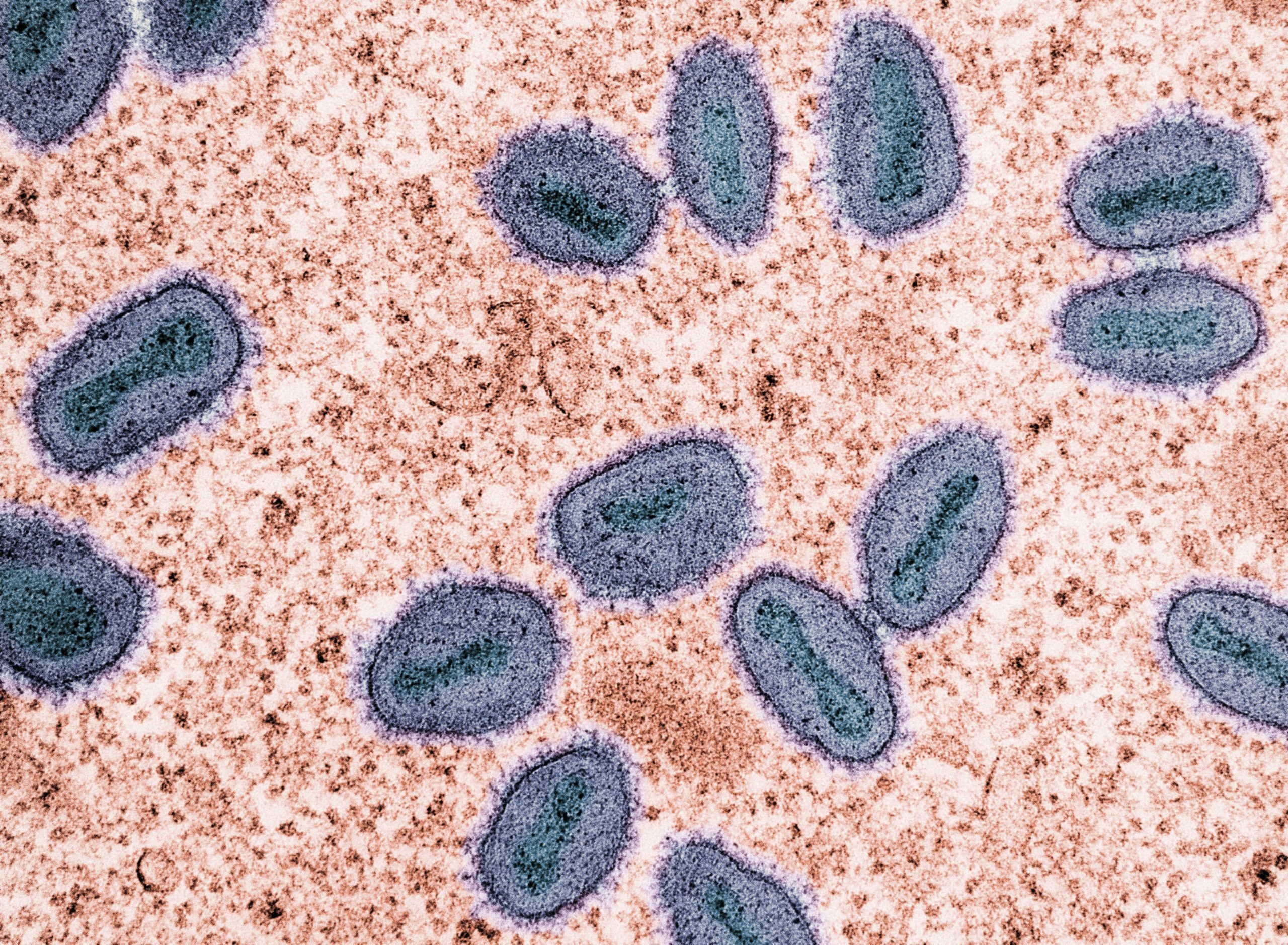The decomposition of human cadavers is universal, whether the body decomposes in temperate or arid climates or in winter or summer: A universal network of microbes is responsible for decomposing cadavers, a discovery that could help researchers. Forensics.
This is the main conclusion of a study published this Monday in the journal nature microbiology And was carried out by a team of scientists from Canada, China and the United States.
Researchers have shown that corpses decompose regardless of location, climate or season due to a continuous and predictable sequence of microbial interactions that decompose organic matter.
Microbial decomposition of organic matter is one of the most important processes on Earth.
This biological process allows biologically dead matter to be recycled and given way to other biological processes that serve as food for plants and facilitate soil respiration.
Microbial fungi and bacteria are responsible for carrying out this process, but, although the process has been well studied, most studies have focused on the decomposition of dead plant biomass.
However, unlike plants, animal corpses and human corpses are rich in easily degradable proteins and lipids, but this biogeochemical process is still poorly understood.
You may be interested in: They have found a molecule with therapeutic potential to tackle fear and anxiety
Microbes responsible for human decomposition may help forensic work
To better study this, a scientific team led by Jessica Metcalf and Zachary Burchman of Colorado State University in Fort Collins (Colorado) has analyzed in detail the decomposition process in 36 human corpses donated to science.
To do this, they placed the corpses in three locations with temperate and semi-arid climates, and at each location, they left three corpses at different times of the year (during four seasons) and took skin samples of the corpses. and the surrounding soil during the first 21 days postmortem.
The team found that regardless of location, climate or season of decomposition, human cadavers contain a universal selection of microbes that are rare in non-decomposing environments and that appear unique to terrestrial decomposition of meat.
Using genomic and metabolomic studies of the soil surrounding the corpses, they reconstructed a network of interactions that revealed how fungi and bacteria share resources by metabolizing decomposition products.
The team also suggests that insects may serve as vectors that spread these microbes from one decomposed animal to another.
Using data on the microbial chronology of corpse decomposition combined with machine learning models, the authors were also able to predict time since death, which may have future applications for forensic science.
With information from EFE.
Follow us on Google News to always stay informed
(tagstotranslate)decomposition
Source link

